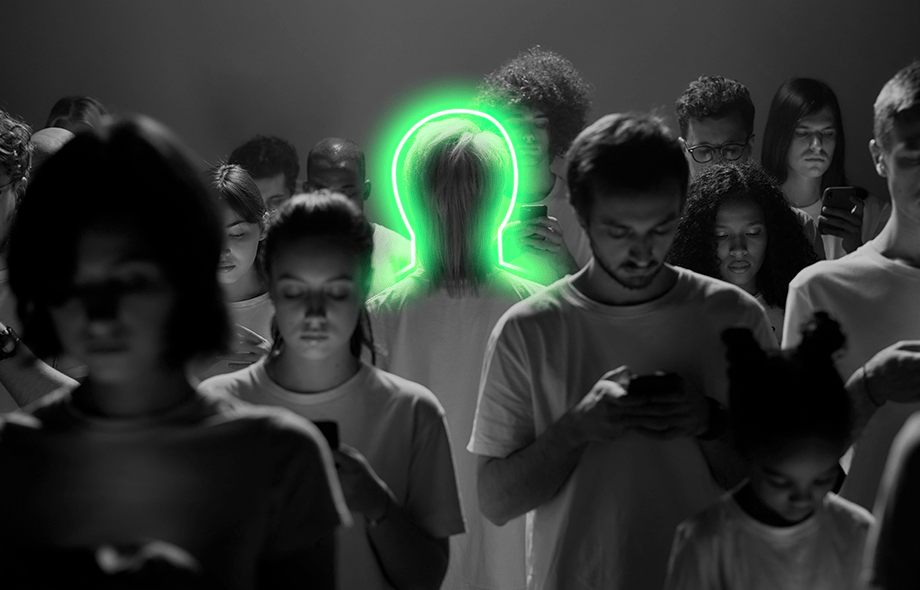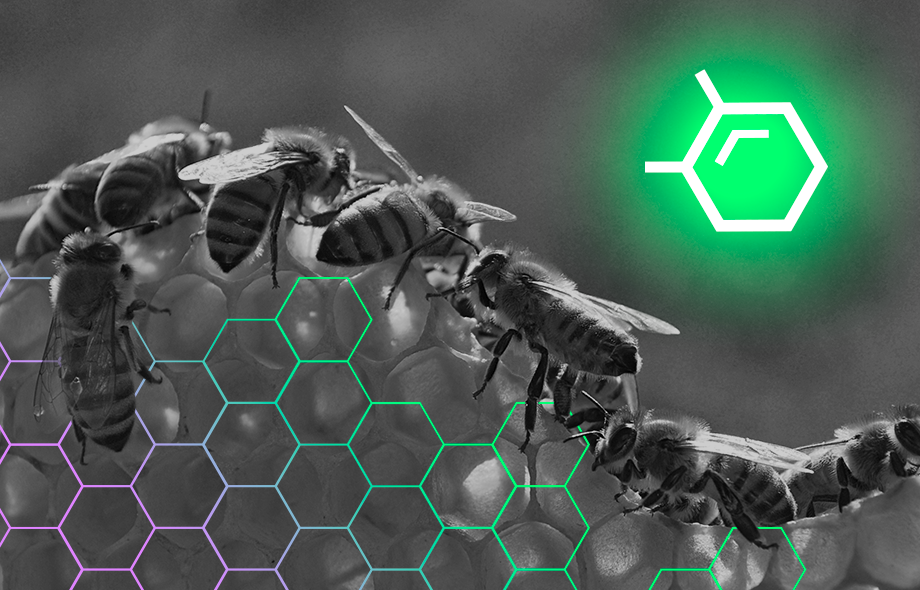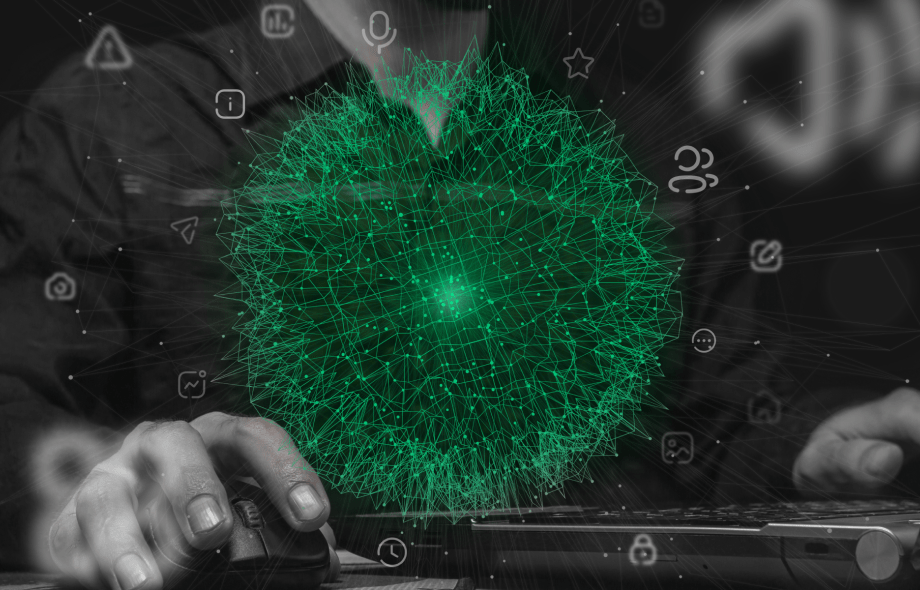 Back to blog
Back to blog
7 Biggest Myths and Truths about Artificial Intelligence

Discussions about artificial intelligence do not stop, AI optimists and skeptics keep on debating, and beliefs collide with experiences. Let’s dissect 7 biggest myths and truths about AI. The material is based on our webinar from October 2023.
TRUE: AI is a Threat to Our Civilization
In this case, it’s best if each of us form our own opinion about that. A few facts to help us do so:
- Does AI think? Artificial intelligence is often presented as a digital brain, but it is not. It doesn’t process information the way humans do. It is more of a statistical machine that selects the most likely words, and by that it assembles successive sentences.
- Is AI unbiased? AI is what we teach it to be. The most important thing in AI functioning is data. If our source data is focused on criticizing a social phenomenon or a particular political party then the language model trained on it will also be critical of it.
- Interesting fact! The GPT-4 model was released internally at OpenAI six months before it was released to the public. Why? For half a year, the team worked to improve how it works and to introduce ethical rules to it. When the GPT model was first launched, it was able to guide a layman through the process of producing a chemical weapon, because this knowledge is common in books, articles, and thanks to its intelligence, AI was able to explain step by step how to do it. As you can see, on the one hand, this model has to be useful, but on the other hand, it has to be limited, so that it is a supports in work and life, but it does not help realize evil intentions.
The most surprising thing is that we don’t actually know how AI works. How is this even possible if we produce these algorithms ourselves? We know the rules, which are designed by humans, we can trace how a signal travels in a neural network, while we do not know the answer to the most important question, that is, why AI decided to give us such and not another answer, why it drew such conclusions from the data.
MYTH: AI is a Temporary Trend
To answer the question “Is AI a temporary trend,” one should recall what has happened recently in the industry:
- new AI-based tools are being released literally every day,
- the release of the new Chat GPT model, which can analyze photos,
- there is an option in Midjourney there to voice dictate questions in mobile apps,
- Whisper does a great job with converting speech to text,
- a very good open source language model Mistral has appeared,
- Google expands AI capabilities in its ecosystem,
- Meta adds bots to Whatsapp, Messenger and Instagram, and has prepared a language model for audio translation and transcription.
We have long been fed various visions about AI replacing us all. Artificial intelligence is not developing as fast as some media write about it. For example – autonomous cars were supposed to be commonplace long ago and, as we know, they are not. However, don’t let this put us off our guard. First of all, there was a breakthrough in AI technology a few years ago, and we are now seeing the effects. Second, AI could now develop much faster, however, the people who produce, implement and finance it are a limitation. Third, we are already seeing applications for the AI we use – it is not another technology that only looks good on advertisements.
So is AI a temporary trend? NO, it is a trend that changes our reality nowadays and will be doing so in the future.
TRUE: AI Lies
There is a phenomenon called hallucinations. On the technical side, AI does not lie, because it does not know what is true and what is false. This is a gross oversimplification, but in a sense the language model is a huge statistical model that selects words based on probability. This often leads to bizarre and ridiculous situations. As we implement AI in our company, we have a lot of room for improvement to unlearn or reduce these AI hallucinations.
MYTH: AI is Not Yet Ready for Business Use
Here an often repeated quote fits well – “I tested ChatGPT and I was not satisfied, so AI is not ready for business implementation.” We create our opinions based on experience, which is understandable, but this is a serious mistake.
Artificial intelligence was not created during the implementation of the popular ChatGPT. It has been with us before and will be for much longer. Developers are working with AI models to create better and functional websites, assistants, chatbots and other digital solutions.
Language models are developing very quickly under open source licenses. That allows us to implement AI in the companies, to train these models with internal, confidential data, which removes most of the barriers we face when we want to implement AI in our companies.
Artificial intelligence can and already does streamline many processes in companies, not limited to big corporations.
MYTH: AI is Suitable Only for Repetitive Tasks
The discussion on creativity has been going on for a long time. It is worth emphasizing here that we didn’t need AI for better calculators. We needed and need it for development. To defend the creativity thesis, one can cite examples of ever-better image, sound and video AI generators, but in a sense this can also be a dead end. After all, these tools use repeated styles, patterns, and are inspired by human creations.
What is creativity? We know the word, we can think of it, but can we define it well? If creativity is a certain mix of our experiences, memory, knowledge, skills, learning, processing a lot of information, then AI will soon overtake us in this. Artificial intelligence can handle it faster, more efficiently, and has a capacious “brain.” Whether this is “real” creativity or “cheated” can be debated, but is it even important if the effects will be indistinguishable?
MYTH: AI Violates Privacy and Data Security
Whenever we start discussing an AI implementation in a company, lawyers always join the party.
Does AI violate privacy and data security? GPT 4 can be an example to answered here how it works. This service saves the data we give it, so that we have a history of our conversations. We can turn it off at any time. When implementing GPT or any other language model, we need to connect via API. Then we have the guarantee that no data is processed by an external entity.
Balancing privacy and data security through AI would be suicide for the tool provider. Once any information related to this comes out, trust in the tool and the company that provided it would drop to zero.
MYTH: AI violates copyright laws
The law does not keep up with AI. However, it is hard to blame lawyers, legislators and courts for the situation. Everything is still a big unknown at the moment.
Do you know the story of Reddit, which was a huge base for the development of OpenAI language models? A US court decided that AI-generated content is not protected by copyright and is not considered a product of human authorship. And since this is the case, no one can be accused of copyright infringement for using such content, either. There is precedent in US law, so this ruling will likely be important in future proceedings as well. The court in the United States decided to allow a situation, when we train language models on content that is copyrighted, without having rights to it. Currently, ideas are being developed on how to deal with this. One way is to force those who use the data to disclose the sources and scope of the use.
There is a heated discussion within the European Union itself about possible changes and restrictions, but at this point there are no final decisions.
Similar posts:
What can we do for you?
Talk to us about your project and let's start building it together!







